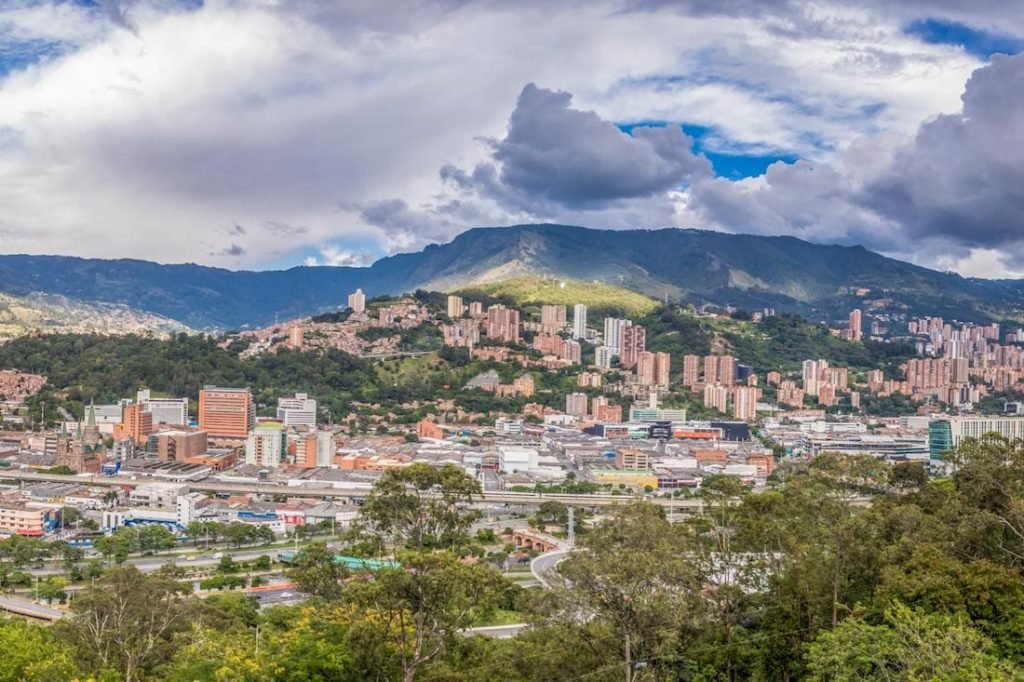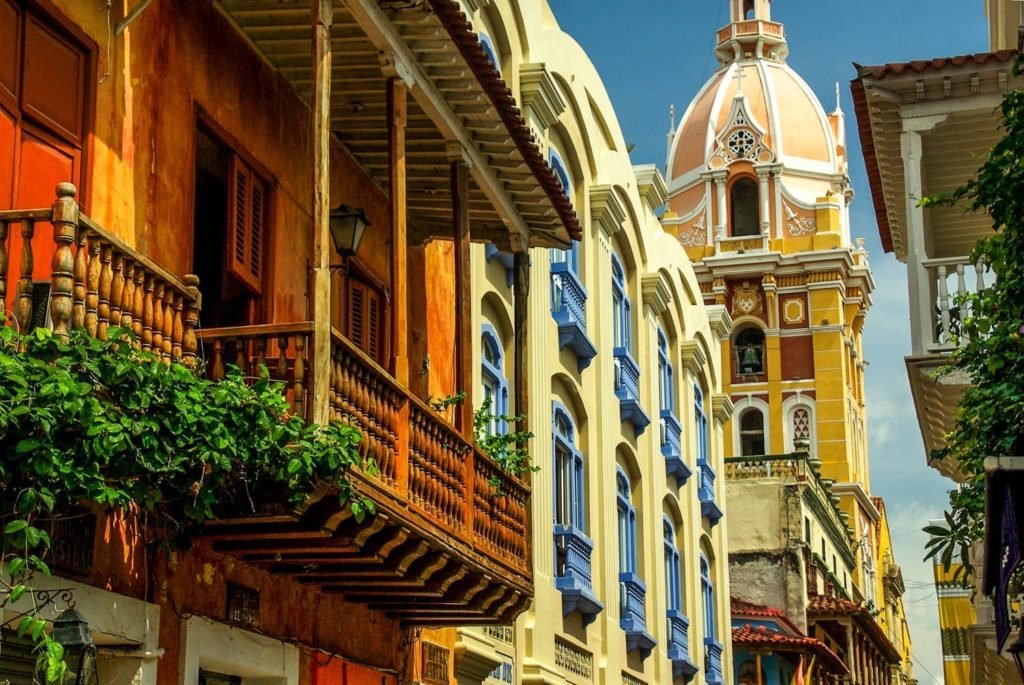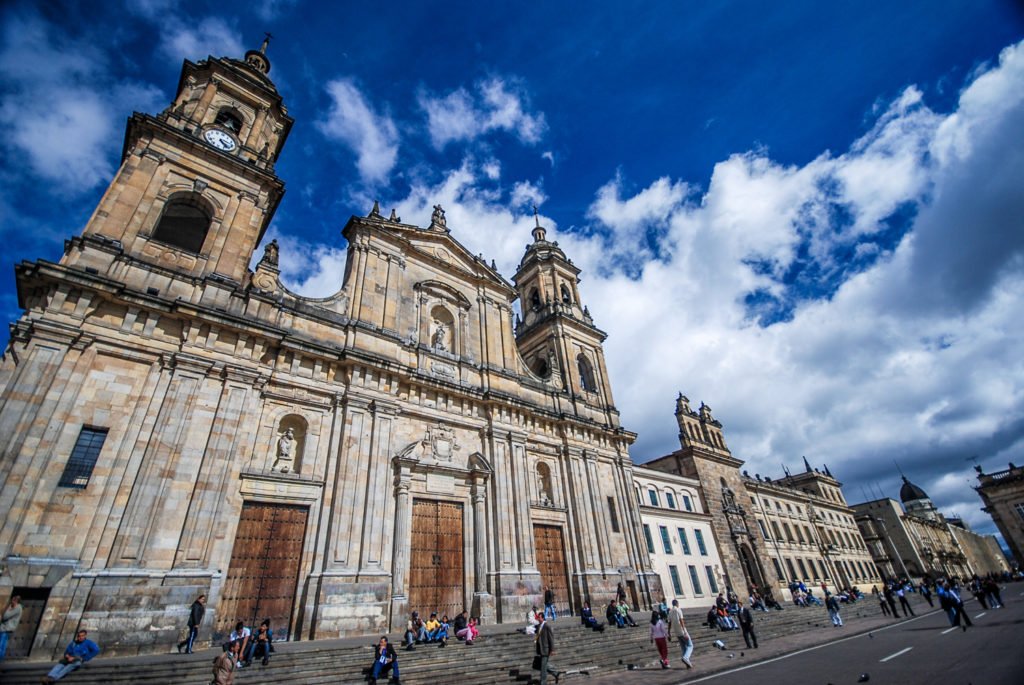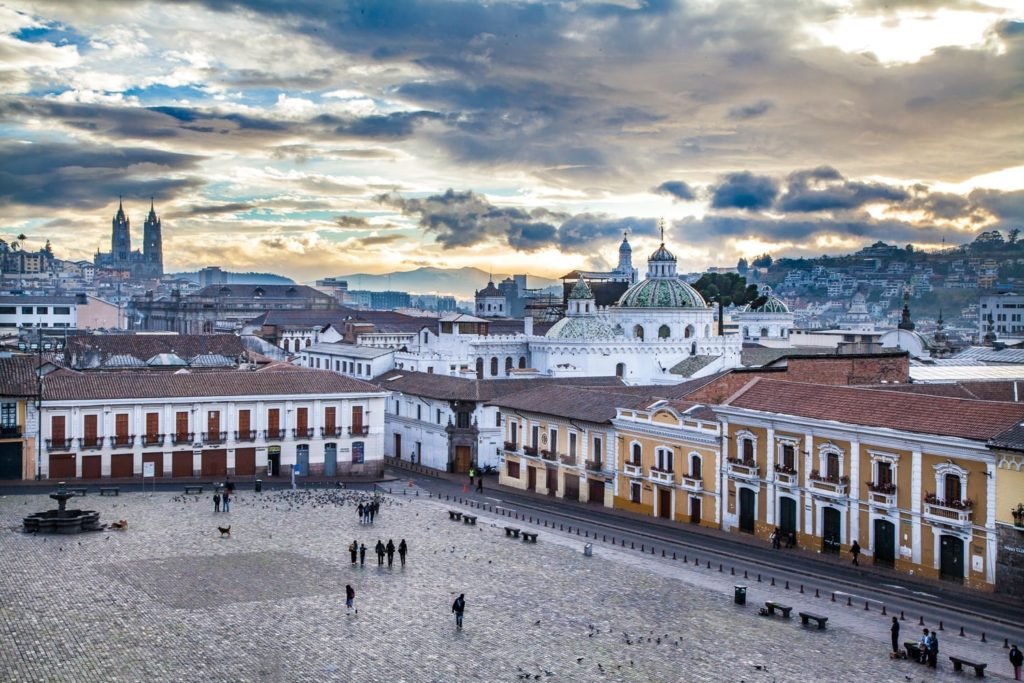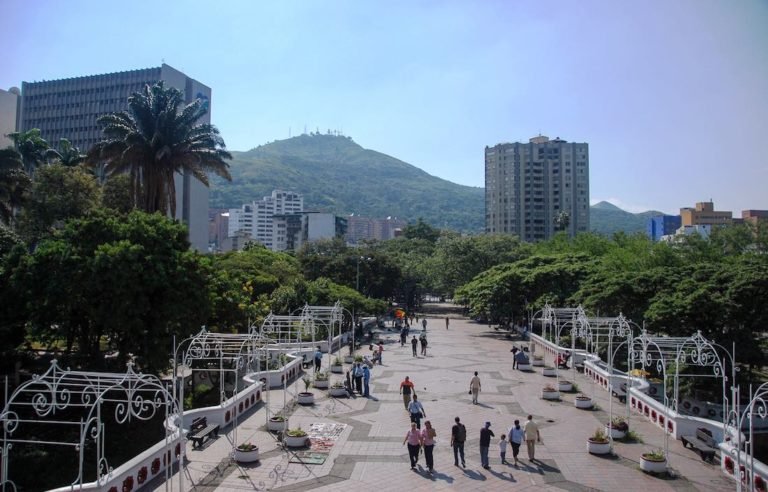Cauca Valley: Cali and Popayan
The Cauca Valley has sustained human settlements for over 7,000 years. Over millennia, early cultures developed complex agricultural and trade systems—evidence of which still surfaces in archeological finds today. Spanish colonists arrived in 1536, establishing Santiago de Cali in the north and Popayán in the south.
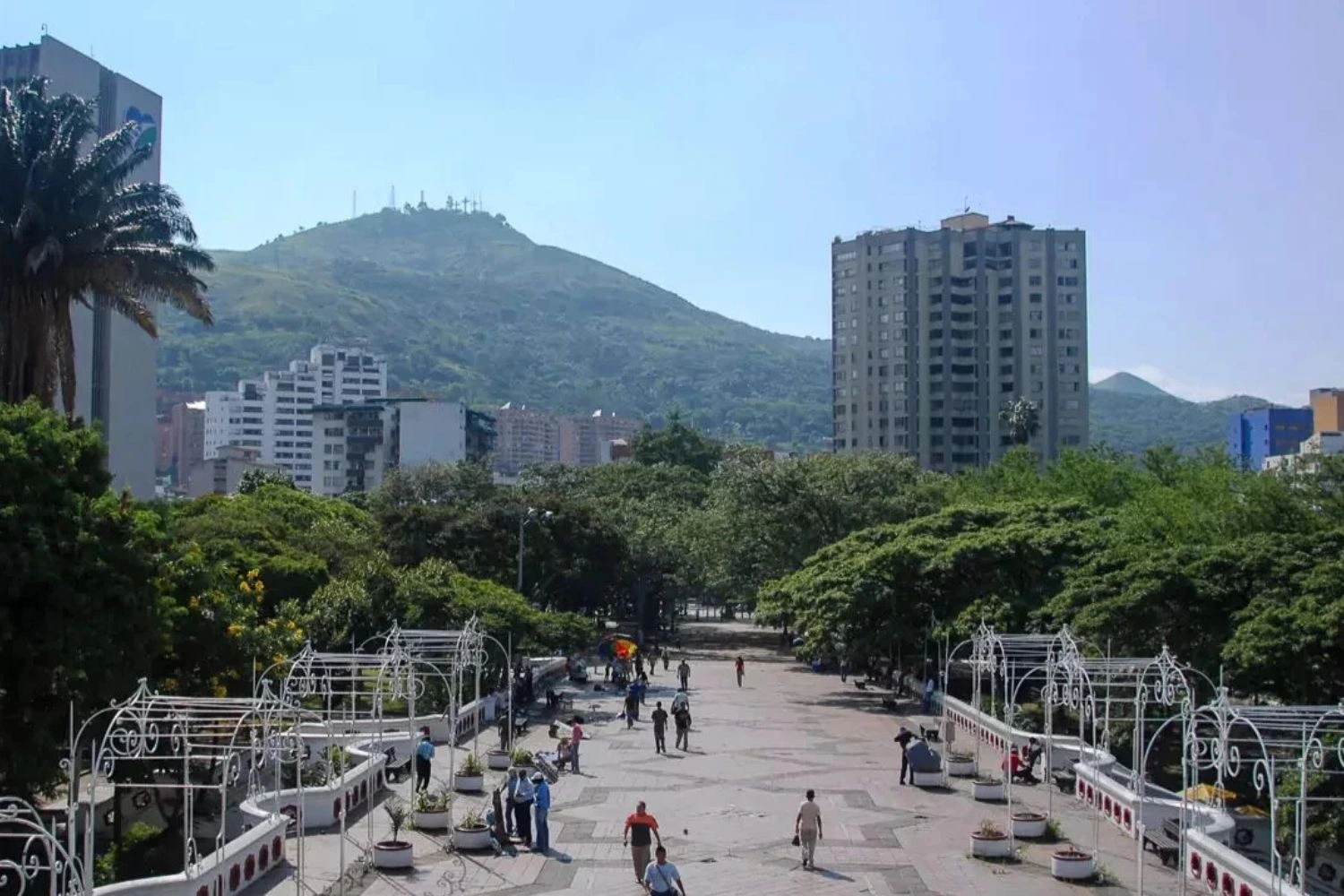
Popayan flourished, later becoming an important gold mining and transfer point. Almost as influential as the lure of gold, the city’s spring-like climate quickly gained notoriety, enticing wealthy landowners from steamy surrounding regions by the droves. Over the next three centuries, Popayan amassed one of the finest collections of colonial architecture in South America. Its mansions, churches, universities, and monasteries are coated in chalk-plaster, giving rise to its nickname: “The City of White”. Today, the city remains a cultural stronghold, recognized by UNESCO for both its culinary traditions and its elaborate Holy Week celebrations.
Cali, in contrast, is Colombia’s third-largest city—a humid, fast-paced hub of industry and expression. Caleños work hard and play hard—this major industrial and export hub is also the country’s Salsa capital. Dancing in Cali is serious business—competitive, dynamic, and sophisticated. The passion inherent in this style may help explain Cali’s role in establishing Colombia’s reputation for exceptionally beautiful people.
What to do in Cali & Popayan
Visitors to Popayán often come for the city’s whitewashed beauty and stay for its living traditions. You can wander the cobbled streets lined with colonial mansions and monasteries, or plan your visit around the city’s famed Holy Week processions (February and March) or UNESCO-recognized gastronomic festival (September).
In Cali, the rhythm takes over. Salsa dancing isn’t just a pastime here—it’s a way of life. Spend an evening in a local dance hall or attend a live performance to witness the passion firsthand. Among Cali’s other attractions are:
- The San Antonio District’s fine collection of colonial architecture;
- An excellent museum of pre-Columbian gold;
- Two famous fútbol (soccer) teams; and
- A well-managed zoological park, highlighting Colombia’s native species.
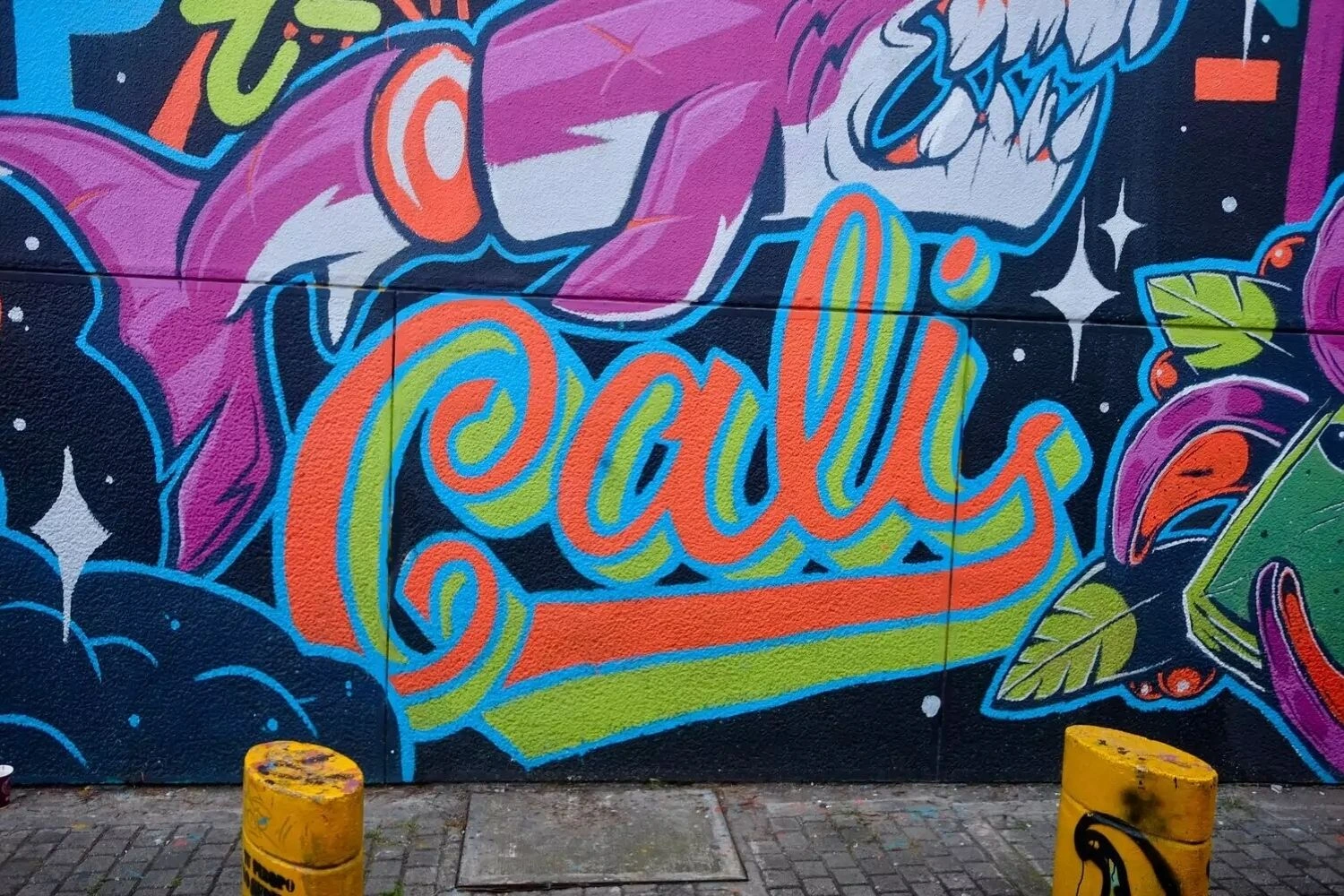
What is the Weather Like?
Popayán enjoys a temperate mountain climate, with highs near 75ºF and lows around 55ºF. The wet season runs from October to May, with some months receiving over seven inches of rainfall. Cali is warm and humid year-round, with highs above 85ºF and moderate rainfall. Monthly precipitation rarely exceeds five inches.
These averages are changing, please check extended weather forecasts using your favorite weather app prior to departure.
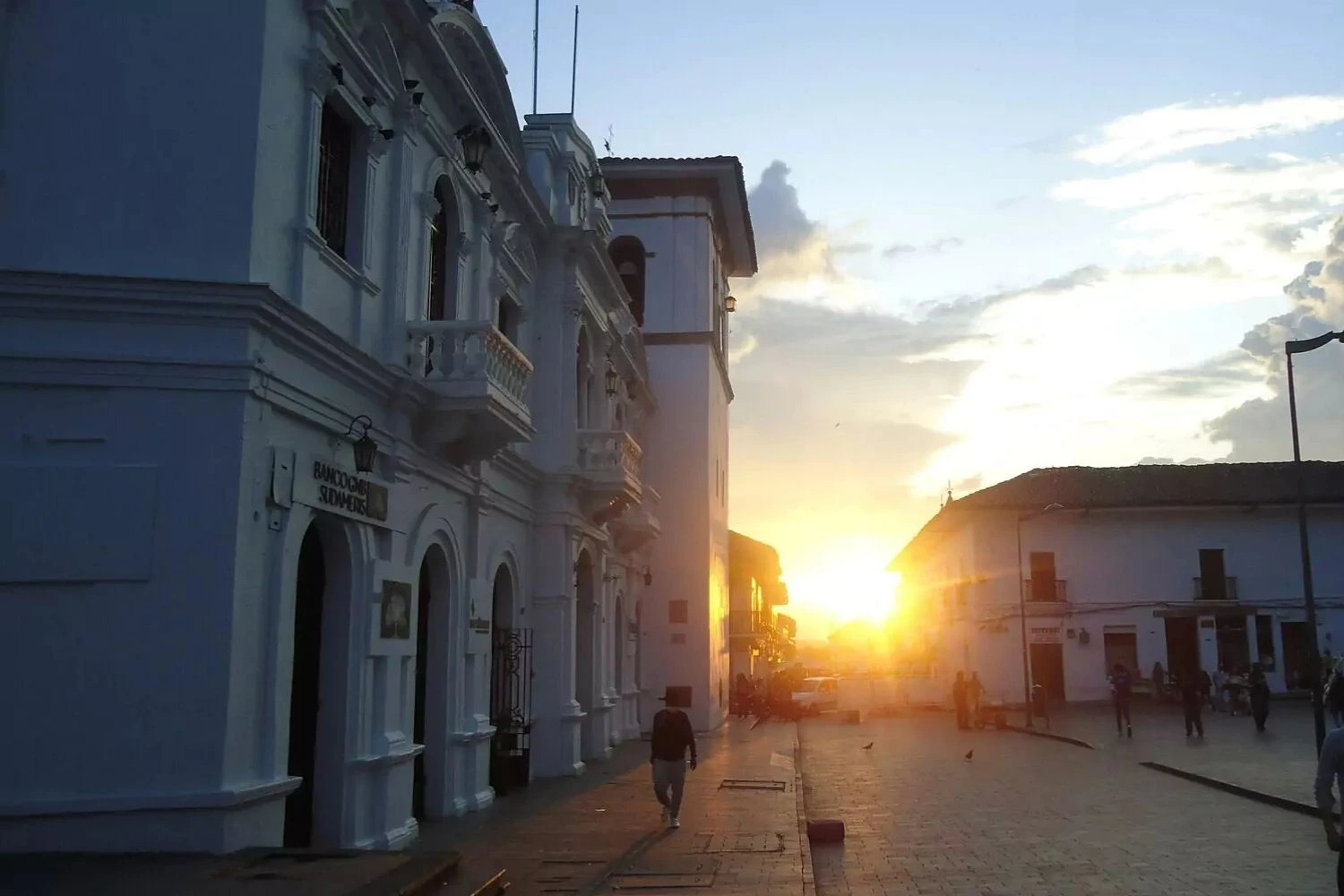
Getting There
Cali’s Alfonso Bonilla Aragón International Airport (CLO) is the region’s main air hub, with direct flights from Bogotá (1 hour), Medellín (50 minutes), Cartagena (1.5 hours), Quito (75 minutes), Panama City (1.5 hours), and Miami (just under four hours).
Start your journey today
LANDED delivers the finest in custom, private travel to Central America, South America, and Antarctica. These regions are our passion; we know them first-hand and by heart. Speak with one of our travel designers and let us create a tailored itinerary for you in Cali & Popayan.

